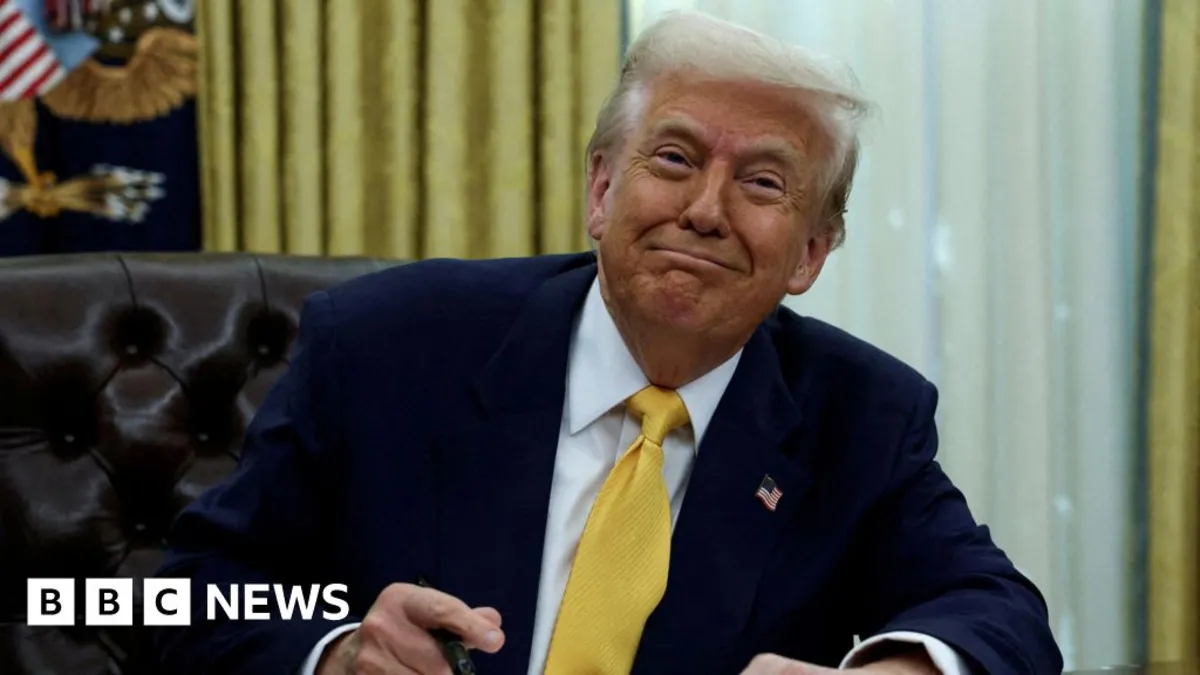
US President Donald Trump has recently invoked emergency powers to significantly enhance the domestic production of critical minerals. This strategic move aims to reduce the United States' reliance on imports from countries such as China, which currently holds a dominant position in the supply chain of these essential materials.
The executive order, leveraging legislation from the Cold War era, directs various government agencies—including the Department of Defense—to prioritize mining projects. This initiative also includes provisions for technical and financial support aimed at bolstering critical mineral production within the country. As the trade war with China intensifies, this order becomes increasingly significant, especially following Beijing's ban on the sale of several critical minerals to the US last year.
The executive order underscores the urgent need to address national and economic security concerns that arise from America's dependency on foreign powers for mineral production. The document explicitly states, “Our national and economic security are now acutely threatened by our reliance upon hostile foreign powers' mineral production.” It emphasizes the necessity for immediate action to maximize domestic mineral output, reinforcing the importance of critical minerals in various sectors.
In addition to prioritizing mining projects, the order mandates the acceleration of permits for both mining and processing initiatives. It instructs the US Department of the Interior to focus on mineral production on federal lands, highlighting the government's commitment to increasing its self-sufficiency in critical mineral supplies. Despite the existence of some critical mineral deposits within the US, the nation remains heavily dependent on foreign sources.
President Trump's tariffs on a broad spectrum of imports have already sparked significant trade tensions with key suppliers, including China and Canada. The need for critical minerals—which are essential for the production of advanced technologies, from batteries to sophisticated weapons systems—further complicates these relations.
Trump is also keen on gaining access to Ukraine's critical minerals and announced that a deal would be finalized shortly. “We're also signing agreements in various locations to unlock rare earths and minerals and lots of other things all over the world, particularly in Ukraine,” he stated. This international approach is complemented by ongoing negotiations with the Democratic Republic of Congo regarding its mineral resources.
Additionally, President Trump has expressed interest in the semi-autonomous Danish territory of Greenland, which is known for its rich deposits of rare earth minerals. This potential acquisition reflects a broader strategy to secure access to vital mineral resources amidst growing global competition.
In conclusion, President Trump's emergency powers to enhance domestic production of critical minerals signify a pivotal shift in US mineral policy, aimed at reducing reliance on foreign imports and bolstering national security. As negotiations and agreements unfold, the implications of this order will likely resonate throughout various sectors of the economy.